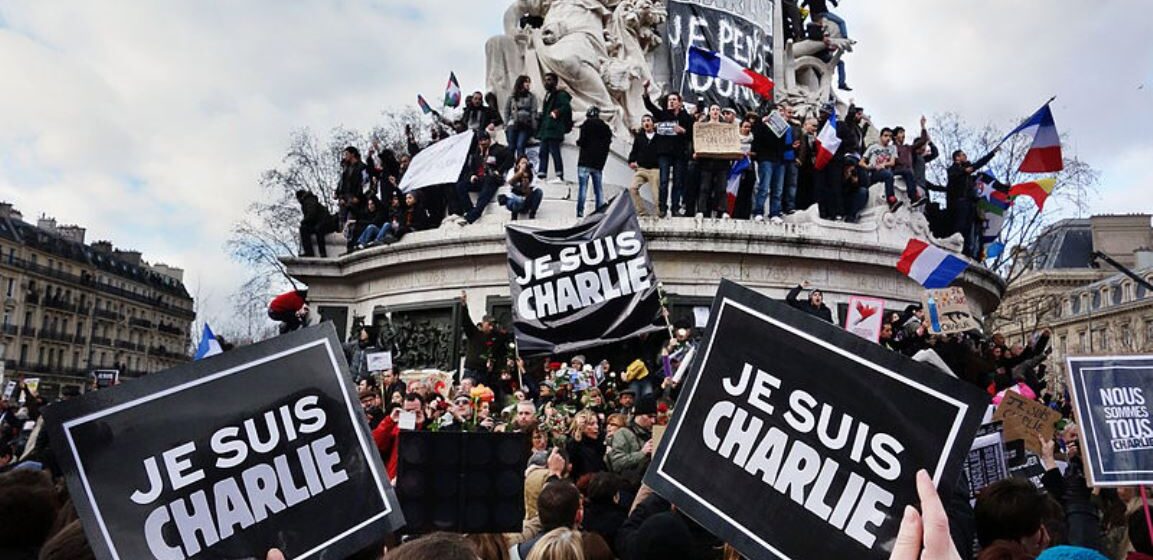Suspects in the series of deadly terrorist attacks in Paris’ satirical magazine Charlie Hebdo will face trial in their alleged involvement in one of the bloodiest terror attacks in the French capital.
Fourteen people have gone on trial in Paris on Wednesday over their alleged involvement the attacks on offices of Charlie Hebdo that ended at a kosher supermarket two days later.
The suspects are accused of having provided logistical support to the perpetrators — brothers Said and Chérif Kouachi, and their accomplice Amedy Coulibaly — and face charges of participating in a terrorist criminal association.
If convicted, several of the defendants face sentences of up to 20 years. At least one faces a potential life sentence.
Eleven of the suspects will appear in court — 10 of them from behind bulletproof glass. Three others, who traveled to Syria in the days before the attacks began, will be tried in absentia.
Hayat Boumedienne, Amedy Coulibaly’s wife, is one of those being tried in absentia.
A total of 17 people were killed in the attacks, which took place in the French capital over three days in January 2015.
Twelve of those who died were shot when the Kouachi brothers forced their way into the Charlie Hebdo building and opened fire during its editorial meeting on January 7.
The victims included the magazine’s editor, Stephane “Charb” Charbonnier, several cartoonists and columnists, and a protection officer assigned to protect Charb, who had been the target of threats over the magazine’s publication, in 2006, of cartoons depicting the Prophet Mohammed.
Depictions of Islam’s prophet are considered blasphemous by many Muslims. The illustrations — originally published by a Danish newspaper in 2005 — prompted brothers Said and Chérif Kouachi to attack the Charlie Hebdo offices.
On Tuesday, Charlie Hebdo announced plans to republish the controversial cartoons depicting the Prophet Mohammed in its latest edition, which was released Wednesday.
In a statement, the magazine linked the publication of the cartoons to the trial, describing them as “evidence.” The cartoons, it said, are “part of History, and one cannot rewrite History, neither can it be erased.”
The Paris-based weekly publication, which was founded in 1970, is famous for its provocative cartoons and daring takedowns of politicians, public figures and religious symbols of all faiths.
Speaking from Lebanon on Tuesday, French President Emmanuel Macron defended the decision to republish the cartoons, saying people in France had the “freedom to blaspheme.”
“In France, there’s also a freedom to blaspheme that is linked to the freedom of conscience. So, from where I stand, I’m there to protect all those freedoms,” Macron said.
“I don’t have to comment on a journalist’s choice. I just have to say that, in France, one can criticize people who are governing and one can blaspheme.”
The latest edition of Charlie Hebdo also carries a tribute to the employees killed in the 2015 attack.




Leave a Reply